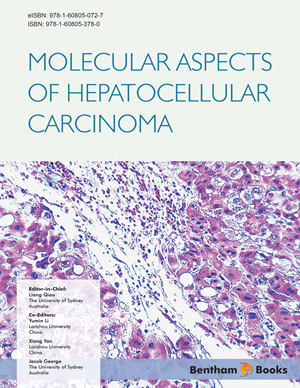Abstract
The carcinogenesis of hepatocellular carcinoma (HCC) is a multifactorial and stepwise process. For efficient clinical management and curative treatment strategies, the early diagnosis of HCC is critical. In the follow-up of patients it is required to evaluate the efficacy of surgical, loco-regional and systemic therapies. For the evaluation of the disease, both diagnosis and follow-up of HCC, various imaging techniques, clinical scoring systems and biomarkers have been set into practice. The present overview intends to report on current biomarkers in liver tissue and serum and to discuss their applicability in HCC. Alpha-fetoprotein (AFP) and des- carboxy prothrombin (DCP or PIVKA II) serum levels in combination with imaging methods are currently used in most centers for the initial diagnosis and surveillance. Furthermore, novel markers as Glypican-3 or AFP-L3 in serum or liver tissue, circulating tumor cells, gene expression patterns and other molecular markers (circulating RNA, microRNA, methylation patterns of tumor related genes) are presented and discussed.
Keywords: HCC, serum marker, prognosis, hepatocellular cancer.






















